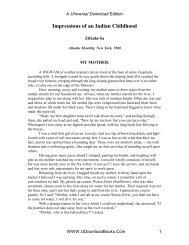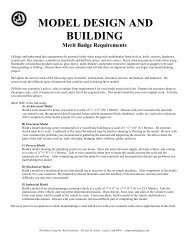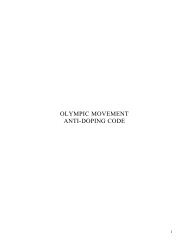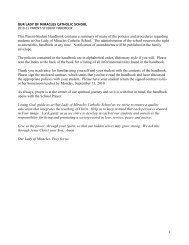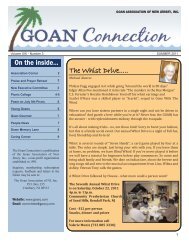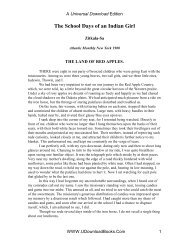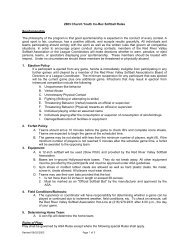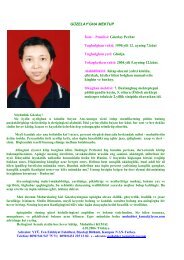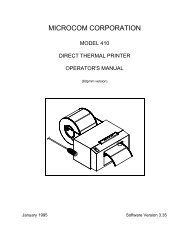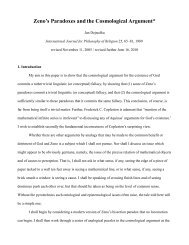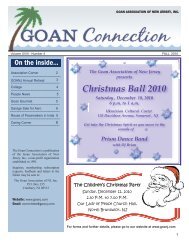Dummett's Backward Road to Frege and to Intuitionism - Tripod
Dummett's Backward Road to Frege and to Intuitionism - Tripod
Dummett's Backward Road to Frege and to Intuitionism - Tripod
Create successful ePaper yourself
Turn your PDF publications into a flip-book with our unique Google optimized e-Paper software.
Russell holds that propositional attitudes are essentially not truth-functional. And as we saw,<br />
Dummett treats truth-functionality as the key <strong>to</strong> underst<strong>and</strong>ing extensionality <strong>and</strong> opacity. Thus for<br />
Russell <strong>and</strong> Dummett, the thesis of sensial underdetermination concerns intensions in both senses (1)<br />
<strong>and</strong> (2). But for <strong>Frege</strong>, the thesis of sensial underdetermination concerns only intensions in sense (2),<br />
since he rejects intensions in sense (1) when he makes senses truth-functional.<br />
Dummett also beautifully states what I call Russell’s implicit “no backward road” thesis:<br />
Since different senses may correspond <strong>to</strong> the same reference, the reference of an<br />
expression does not determine its sense. (1981a: 245)<br />
Perhaps due <strong>to</strong> his preoccupation with double oratio obliqua, he does not recognize this as being<br />
Russell’s implicit “no backward road” thesis, much less as being his own acceptance of that thesis. The<br />
thesis implies the second conjunct of Russell’s explicit “no backward road” thesis as Dummett states it,<br />
which conjunct in turn implies double oratio obliqua. In fact, the implicit thesis is a logically necessary<br />
<strong>and</strong> sufficient condition of the second conjunct of the explicit thesis. But I think the order of<br />
on<strong>to</strong>logical priority is this: Different senses correspond <strong>to</strong> any given reference. Therefore no reference<br />
determines any one sense as being or containing the way that reference is given. Therefore the<br />
reference of an expression does not determine its sense. And that fact explains the phenomena of oratio<br />
obliqua <strong>and</strong> double oratio obliqua for <strong>Frege</strong>, but it does not imply those explanations, since other<br />
explanations are available, such as Russell’s theory of descriptions. Thus Dummett’s emendation does<br />
not imply the denial of any of the “no backward road” theses. Things are presented in different ways<br />
even if our language has no opaque contexts at all.<br />
If I am wrong about Russell, it remains the case that we cannot work backward from references<br />
<strong>to</strong> senses because of the sensial underdetermination problem. Thus we need not enter the murky waters<br />
26




